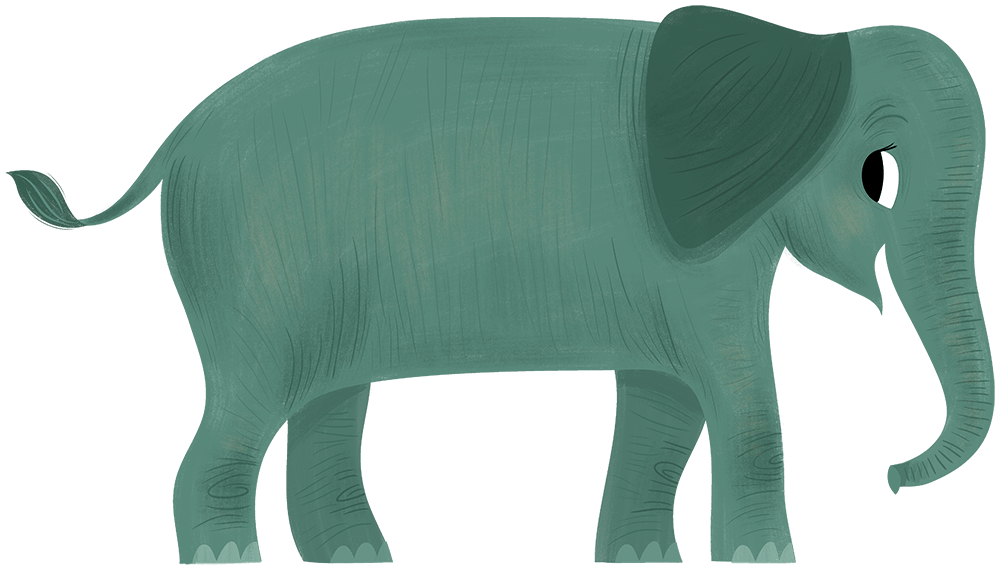 What happens when we become unmoored?
What happens when we become unmoored?
The image–I think–is instantly uncomfortable. Floaty. At sea. Everything slipping past.
Often, though, when we become unmoored we open our eyes and hearts in new ways, which always happens to me on author visits to places where I’ve never been.
 I was thinking about this in Switzerland as I watched the ship approach that would take us away from the castle we’d just wandered about in. At first, I kept looking at that Swiss flag with all its powerful resonance with the Red Cross. (The two flags are the same–with flipped colors–because it was a young Swiss man, looking out on a terrible battlefield scene in Italy with 40,000 men wounded and dying who “organized local people to bind the soldiers’ wounds and to feed and comfort them” http://www.ifrc.org/en/who-we-are/history/ and returned home to work with four other Geneva men on the dream of an organization to care for the vulnerable and suffering.) But because the ship we climbed on sails around Lake Geneva, it also has the French flag as well as the Swiss flag flapping.
I was thinking about this in Switzerland as I watched the ship approach that would take us away from the castle we’d just wandered about in. At first, I kept looking at that Swiss flag with all its powerful resonance with the Red Cross. (The two flags are the same–with flipped colors–because it was a young Swiss man, looking out on a terrible battlefield scene in Italy with 40,000 men wounded and dying who “organized local people to bind the soldiers’ wounds and to feed and comfort them” http://www.ifrc.org/en/who-we-are/history/ and returned home to work with four other Geneva men on the dream of an organization to care for the vulnerable and suffering.) But because the ship we climbed on sails around Lake Geneva, it also has the French flag as well as the Swiss flag flapping.
As we sat on the deck and watched the houses and grand hotels float into view and out again, I thought about Switzerland, this gorgeous place that so many people desired. So many wanted to claim as theirs. I felt surrounded by the chill of the stone walls where we’d just spent the last few hours–all the people who died for the power of saying, “This spot on this lake in the middle of these mountains and forests is MINE.”
 At the highest place in the castle, looking down on tiny people walking below, I imagined what it was to be a soldier listening to the sounds of fighting in the lower rooms, waiting for death eight stories up. I heard a voice: “Oh the prayers that were said then. You can hear them whispering from the stones still.”
At the highest place in the castle, looking down on tiny people walking below, I imagined what it was to be a soldier listening to the sounds of fighting in the lower rooms, waiting for death eight stories up. I heard a voice: “Oh the prayers that were said then. You can hear them whispering from the stones still.”
We die and kill–and send others to die and kill–for the deep satisfaction and power of saying, “This is my spot of land. Mine. I belong here and you don’t.”
I was in Switzerland to talk to children whose families have often deliberately messed with that intense sense of mooring. The young travelers of the world always touch a deep spot in me. When I say, “My parents decided to move to Ethiopia when I was too young to have an opinion–did any of your parents make a choice to move to another continent when you were too young to have an opinion?” the hands go up. And I feel oh yes, we know each other. I love talking to those unmoored children about how stories rooted me, how words eventually gave me the power to talk about being me in a wide world.
 During this week’s author visits, I had great conversations about gardens–theirs and mine. I told them that when I was creating Lanie’s world, I was using my memories of my father’s gardens in Ethiopia. As I wrote the Lanie books, living in Kansas, I didn’t have a garden–but that now, having moved back to Portland, I’m feeling the thrilldom of the way we moor ourselves in the ground. After the days of school speaking, back at the gorgeous house where I stayed, I took pictures of the wine grapes growing on terraces where families have, for centuries, made their living through THOSE plants on THAT soil and meditated on rootedness.
During this week’s author visits, I had great conversations about gardens–theirs and mine. I told them that when I was creating Lanie’s world, I was using my memories of my father’s gardens in Ethiopia. As I wrote the Lanie books, living in Kansas, I didn’t have a garden–but that now, having moved back to Portland, I’m feeling the thrilldom of the way we moor ourselves in the ground. After the days of school speaking, back at the gorgeous house where I stayed, I took pictures of the wine grapes growing on terraces where families have, for centuries, made their living through THOSE plants on THAT soil and meditated on rootedness.
 As the airplane settled out of the sky toward Portland yesterday, I thought about mooring again. Something odd and deep calls out to me to be in the place where I was a baby, where someone thought my toes were miraculous, where I was welcomed onto this earth.
As the airplane settled out of the sky toward Portland yesterday, I thought about mooring again. Something odd and deep calls out to me to be in the place where I was a baby, where someone thought my toes were miraculous, where I was welcomed onto this earth.
Though I’ve spent most of my life not living in this city of my birth, I could suddenly feel how deep the sense of mooring goes.
Many of us spend a lifetime homesick and displaced. Many of us cling to and craft the stories of what it’s like to come home. And every once in a while we do come home.

